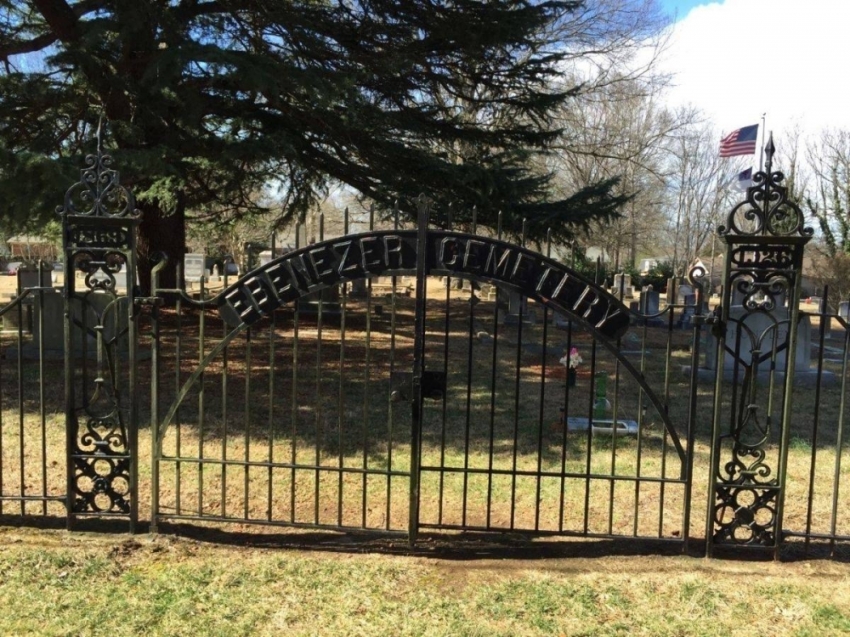What Does the Bible Say About Cremation?

In modern America many have no objection to cremating dead bodies, but that was not always the case.
Preference for cremation in the United States has risen dramatically in recent decades. According to a July 2017 National Funeral Directors Association report, a slim majority (50.2 percent) of Americans opted to be cremated whereas 43.5 percent chose to be buried.
Reformed theologian John Piper noted in a 2016 Desiring God essay that in 1960 only 3.5 percent of people were cremated and in 1999 it had grown to 24.8 percent. In some states the number has risen to 75 percent, a trend he attributes to increasing secularization and economics.
The former pastor of Bethlehem Baptist Church in St. Paul, Minnesota, advises against the practice of cremation, believing that Scripture does not condone burning but burying the body.
Unlike Greek religion, Piper explained, biblical faith "does not view the body as the prison of the soul."
"So the afterlife has never been viewed as the 'immortality of the soul' finally liberated from its physical prison. Rather, Christianity has always viewed the body as essential to full humanity so that the life to come has primarily been seen as the resurrection of the body in glorious eternal life. [The Apostle] Paul did not consider the intermediate bodiless state, between death and resurrection, as ideal."
"The greatest thing that can be said about the human body is that the eternal Son of God was incarnate in a human body and will have one forever," he continued.
In addition to elevating the dignity of the body, Piper stressed that Jesus paid for our bodies with His blood and that the human body is described in the Bible as the "temple" of the Holy Spirit.
"Christians also have seen burial as the laying to rest of the body as though it is sleeping, waiting for the waking of the resurrection," he said.
Historically speaking, Christians opposed cremation since the body of every human being was made by God in His image and it deserved to be treated with respect. And just as Jesus Christ was buried and physically raised from the dead in His body, believers in the risen Lord considered their burial to bear witness to the coming resurrection.
The first cremation in the United States took place in 1876, accompanied by readings from Charles Darwin and the Hindu scriptures, according to Timothy George, who heads Beeson Divinity School in Birmingham, Alabama.
The Roman Catholic Church has regarded the burying of the dead as one of the seven "corporal works of mercy," which are set forth in the teachings of Jesus in Matthew 25, along with feeding the hungry, giving drink to the thirsty, sheltering the homeless, visiting the sick, and giving alms to the poor.
Yet no explicit condemnation of the practice of cremation exists in Scripture.
Roger Barrier, former senior teaching pastor from Casas Church in Tucson, Arizona, has no issue with cremation, and desires to be cremated himself. He explained in an essay for Crosswalk.com earlier this year that as far as he can tell, the Bible contains no specific instructions on proper burial procedures.
Whatever the procedures used, "the results are always the same: 'Dust to dust, ashes to ashes,'" he said.
"Frankly, since the first century, most (if not all) bodies are now dust anyway. Since God is big enough to produce a world-wide resurrection, He certainly can make a spiritual body from only a speck of dust — or less," he said.



























